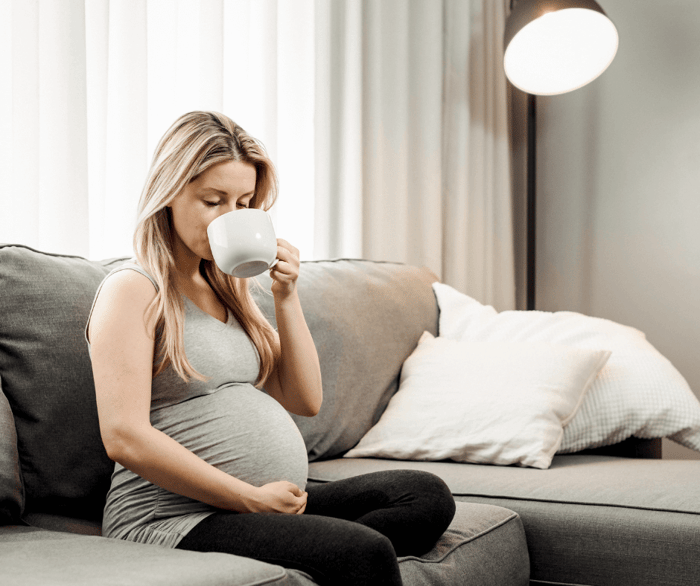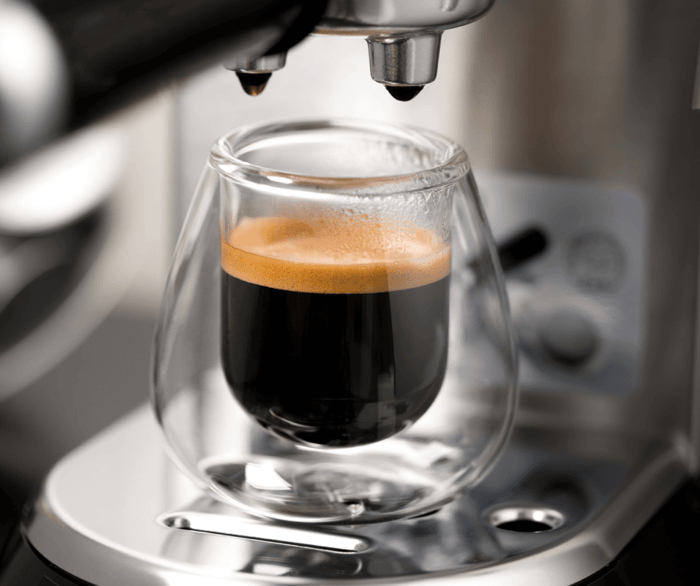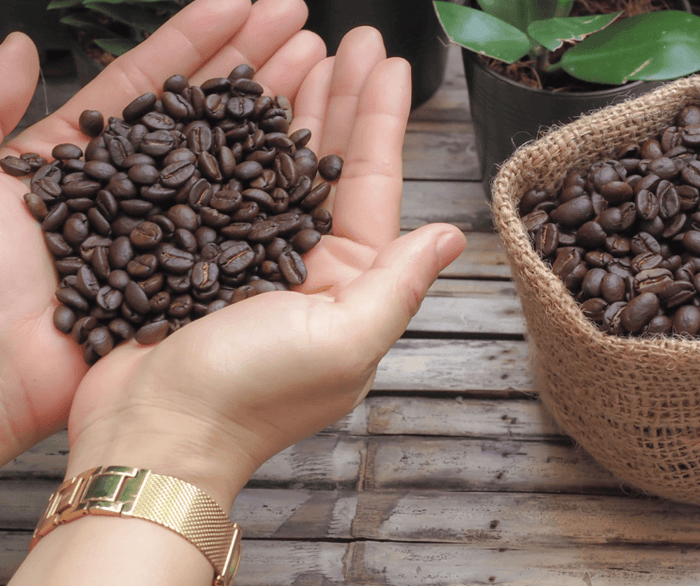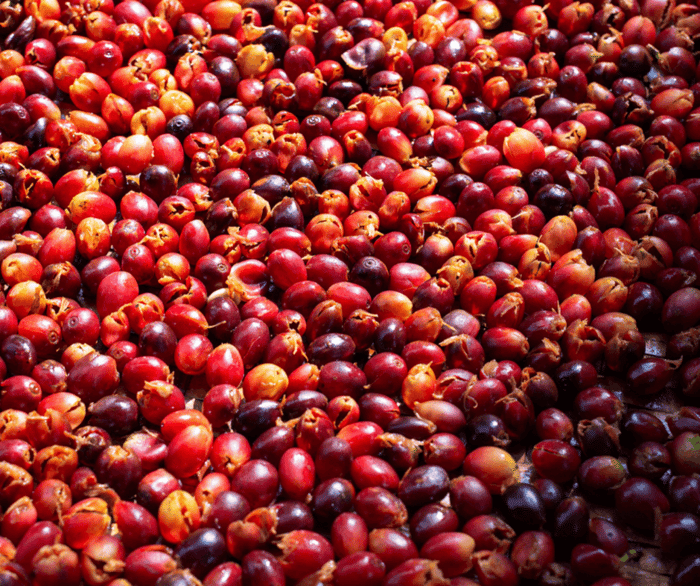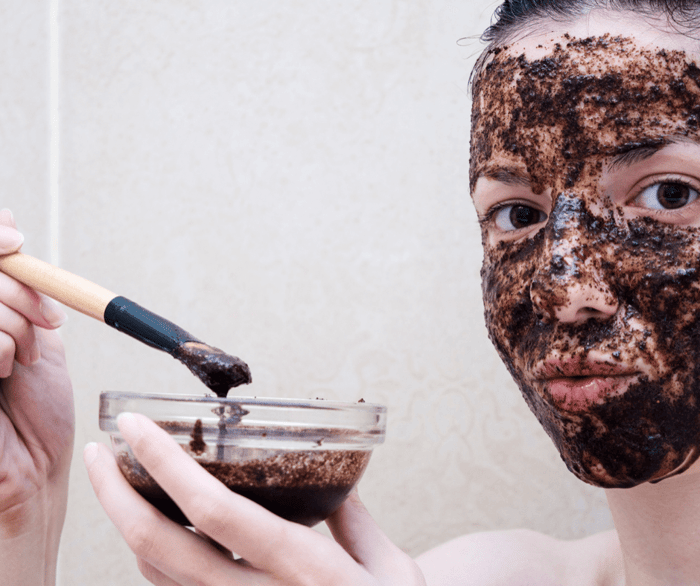For many women, becoming pregnant is an exciting time. They finally have an excuse to give up wine, sushi, smoking, deli meat, seafood, freedom, sleep, a social life—and coffee.
Wait—scratch that last one. I have some good news for you.
A study published last month in the International Journal of Epidemiology, concludes that coffee consumption during pregnancy doesn't contribute to several of the adverse pregnancy outcomes that some have believed caffeine was associated with in the past.
While the genetic study didn't look at every possible outcome or every aspect of fetal development, the researchers ultimately found no connections between caffeine and an increased risk of miscarriage, stillbirth, premature birth, lower gestational age, or lower birth weight.
(These are all things that caffeine had been supposedly linked to in the past, but amid a lack of data from randomized-controlled trials.)
That's a lot of big wins for coffee-loving moms-to-be. (Thank you science!)
According to the study, it’s fine to indulge in your daily cup of joe—in moderation, of course.
The idea to avoid coffee during pregnancy has tended to be repeated by well-meaning health professionals—and parroted by well-meaning friends and family who heard the advice somewhere at some point.
The new study, carried out by Australian researchers from the University of Queensland, found that caffeine is not linked to many of pregnancy outcomes it was associated with.
So if you're pregnant and struggling to give up caffeine completely, you can breathe a sigh of relief—about one thing, at least.
Of course, as with anything during pregnancy, it's always best to consult with your doctor before making any major changes to your diet.
The current WHO guidelines (which were published back in 2016) don’t say that women need to drop caffeine. They simply suggest that those who are pregnant should drink less than 300mg of caffeine per day, or roughly 3 eight ounce cups of coffee*.
We've found most people have no real idea how much caffeine is in certain drinks. To help, we've launched our caffeine content guide.
Another option is to switch to a half-caf labeled coffee. You can find a huge selection of these on Amazon.
*Source: USDA.gov
"But that’s based on observational studies where it’s difficult to separate coffee drinking from other risk factors like smoking, alcohol or poor diet," said Dr. Moen of the University of Queensland's Institute for Molecular Bioscience, one of the researchers involved in the caffeine study.
"We wanted to find out if coffee alone really does increase the risk of adverse pregnancy outcomes, and the research shows this isn't the case."
"When it comes to diet during pregnancy women are often advised to cut things out, but this study shows they can still enjoy coffee without worrying about increasing the risk of these pregnancy outcomes," said Dr. Hwang, also of UQ's Institute for Molecular Bioscience.
The researchers did emphasize that the study only involved certain adverse pregnancy outcomes, like miscarriage, stillbirth, premature birth, low gestational age, and low birth weight. It didn't look at every aspect of fetal development.
"For that reason, we don't recommend a high intake during pregnancy, but a low or moderate consumption of coffee," Dr. Moen added.
Still, those five outcomes have been some of the most commonly cited ones mentioned when discussing caffeine consumption during pregnancy.
So the new study could help ease the minds of some expectant mothers who don't want to give up their daily cup of coffee—or tea.
Now if only we could get a study to conclude that those late-night cravings for ice cream and pickles are actually good for your health.
We can dream, right?
(You can read the full text of the June 09, 2022 study here in the International Journal of Epidemiology via Oxford Academic.)
References
- Caroline Brito Nunes, Peiyuan Huang, Geng Wang, Mischa Lundberg, Shannon D’Urso, Robyn E Wootton, Maria Carolina Borges, Deborah A Lawlor, Nicole M Warrington, David M Evans, Liang-Dar Hwang, Gunn-Helen Moen, Mendelian randomization study of maternal coffee consumption and its influence on birthweight, stillbirth, miscarriage, gestational age and pre-term birth, International Journal of Epidemiology, 2022;, dyac121, https://doi.org/10.1093/ije/dyac121
- World Health Organization, WHO recommendations on antenatal care for a positive pregnancy experience (2016), https://apps.who.int/iris/bitstream/handle/10665/250796/9789241549912-eng.pdf
Want More Coffee Content?
- Daily Coffee Grind - Click Here
- Coffee Reviews - Click Here
- Coffee Brewing Guides - Click Here
- Coffee Brewer Reviews - Click Here
- All Things Tea - Click Here
- How Much Caffeine Is In It? - Click Here

